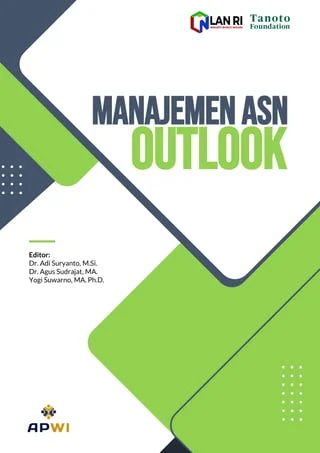



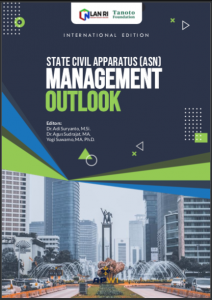

State civil apparatus (ASN) management outlook
Alih Aji Nugroho (Pengarang) ; Vincent Simandjorang (Pengarang) ; Agus Wahyuadianto (Pengarang) ; Shafiera Amalia (Pengarang) ; Henri Prianto Sinurat (Pengarang) ; Azwar Aswin (Pengarang) ; Budi Fernando Tumangor (Pengarang) ; Hasna Puspasari (Pengarang) ; Adi Suryanto (Penyunting) ; Agus Sudrajat (Penyunting) ; Yogi Suwarno (Penyunting) ; Nurliah Nurdin (Pengarang)
Tersedia di:
Deskripsi
The Industrial Revolution 4.0 and the global pandemic Covid-19 have an impact that needs to be anticipated for the management of civil service Human Resources Management (HR) in Indonesia. The development of quality and competitive human resources must continue because this is one of the determinants of the success of achieving national development goals. Various innovative approaches and methods have been established and carried out by the government in the context of human resource development apparatus to anticipate various changes that exist both in terms of culture, methods, challenges, and so on. The strategy of realizing the Vision of Indonesia Maju 2020-2024 and world-class bureaucracy 2024 becomes so urgent especially with the recognition and full realization that one of the main pillars of achieving this vision lies in the development of human resources and the mastery of science and technology. Focusing on the target or objective of achieving the profile of "Smart ASN", it must be realized in the procurement process or recruitment and development of ASN competencies that attempt to build an integral comprehensive ASN mindset through improving technological capabilities/skills, possessing high integrity, being professional and service-oriented within the new normality patterns due to the global Covid-19 pandemic. The pandemic situation should not be a barrier for ASN to continue to work professionally and productively to provide services to the community. This momentum should be utilized for all parties in the context of ASN management in Indonesia to jointly create an ASN that has the capacity and competence to be able to compete at the global level with changes that continue to occur so that it can meet the expectations of the Indonesian people and can provide optimal public services. The National Institute of Public Administration (LAN) through the issuance of ASN Management Outlook has successfully not only reminded ASN how important ASN management is that is contextualized with current conditions but also shows what things need to be considered in anticipating the development of ASN management in Indonesia in the next few years. Hopefully, with the presence of this book, all parties that bear responsibility and mandate in planning, implementing, and evaluating the implementation of ASN management in Indonesia can always be contextual and in accordance with the direction and objectives of the national development. On the completion of this book, I express appreciation and congratulations to LAN for its contribution through writing this book to assist the process of managing ASN management in Indonesia.
Ulasan
Buku Rekomendasi Lainnya

Janda kembang
FIDRIWIDA ; Simamora,Christian

Risalah mabit dan shalat malam
ISLAM MUBARAK, Saiful

Muhammad SAW. : kumpulan hadits keindahan dan keagungan pribadi Rasulullah
TIRMIDZI, Imam ; ANGGORO, Arif ; El-ZAYYAD, M. Abd. Mujib ; MIFTAHURRAHMAN, Muh. ; MASYKUR, Imam Ghazali ; MEIRINA, Nita ; MUSYARROFAH
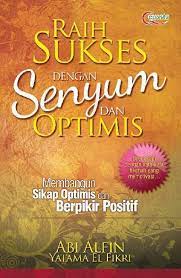
Raih sukses dengan senyum dan optimis
EL FIKRI, Abi Alfin Yatama

Mata Batin Gus Dur : Cerita-Cerita Unik Bersama Sang Kiai
Imam Anshori Saleh

Filsafat Pendidikan Islam : Paradigma baru pendidikan hadhari berbasis integratif-interkonektif
Abd. Rachman Assegaf
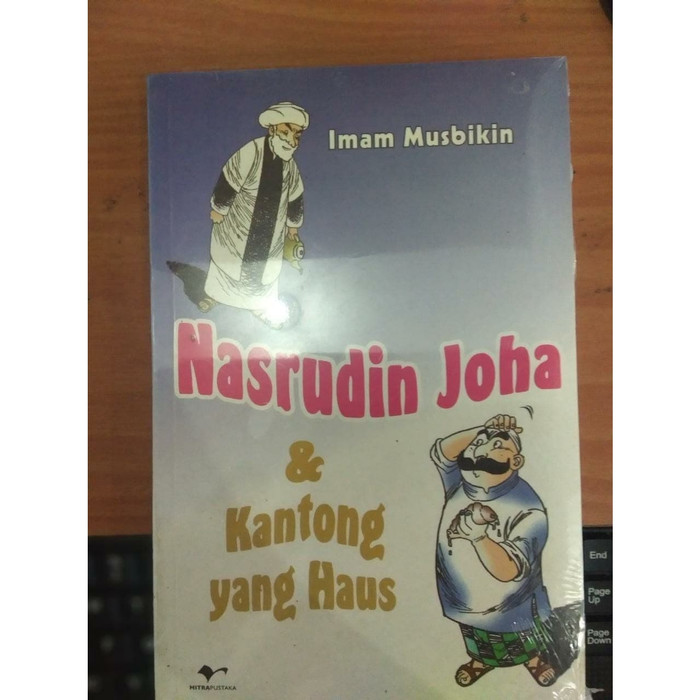
Nasrudin Joha & Kantong yang haus
-
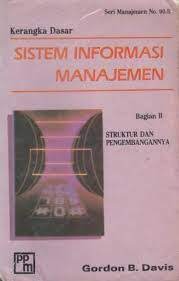
Kerangka dasar sistem informasi manajemen : bagian II struktur pengembangannya
DAVIS, Gordon B. (Pengarang)

Hukum pajak
Dewi Kania Sugiharti (Pengarang) ; Zainal Muttaqin (Pengarang) ; Holyness N. Singadimedja (Pengarang) ; Amelia Cahyadini (Pengarang)

Godzilla : world of monsters
Layman, John (Pengarang) ; Ponticelli, Alberto (Ilustrator) ; Fotos, Jay (Ilustrator)

Jadi jutawan dari beternak sapi potong dan sapi perah
Bayu Herlambang (Pengarang)

Jus puisi
Noor H. Dee (Pengarang) ; Cecillia Hidayat (Ilustrator) ; S. Shinta (Penyunting)

Padamu jua : koleksi sajak 1930-1941
Amir Hamzah (Pengarang)

Teologi publik dan ketidakadilan : pembebasan holistis bagi dan bersama para korban
Johannes B. Banawiratma (Pengarang) ; Surya Samudera Giamsjah (Pengarang) ; Sugianto (Pengarang) ; Lian Gogali (Pengarang) ; Zakaria J. Ngelow (Pengarang)



